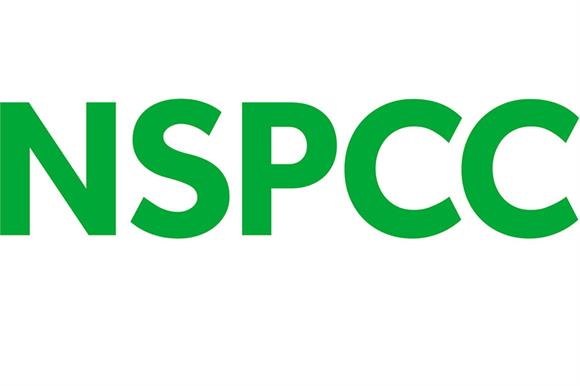- As Archers trial starts half of Welsh police forces do not have remote video links for child witnesses
Child abuse victims face a postcode lottery when getting help to give evidence against offenders, the NSPCC reveals as the long-awaited trial on Radio 4’s The Archers gets underway.
A Freedom of Information (FOI) request to police forces across England and Wales shows that just over a third (12) of those that responded do not have ‘remote video links’ potentially forcing children to undergo the ordeal of bumping into their abuser at court.
In Wales, only South Wales Police and Gwent Police have ‘remote video links’ sites, with two and four respectively, which are not based in court buildings and which are suitable for children.
North Wales Police and Dyfed Powys Police both said they didn’t have any ‘remote video links’ sites for child witnesses.
The new figures reveal the stark reality of the justice system for children, highlighting that whilst many areas do not have ‘remote video link’ facilities located away from court buildings, the few that do have rarely used them.
The postcode lottery across England and Wales is highlighted by the 34 police forces that responded to the FOI. Twenty forces said they have remote video links sites that have been used, but not all had any further detail. Two more were in the process of setting them up. In one area 21 child witnesses had used ‘remote video links’ to give evidence over the last two years but in another area they had only been used once.
The Archers storyline features five-year-old Henry’s pre-recorded police interview being used in the trial involving his mum, Helen. In real-life many children still have to go to court buildings to give video evidence despite a government commitment to victims to ensure that every court region provides a remote video link facility.
A young girl told the NSPCC:
“I am feeling so nervous about giving evidence in court. They are making me explain exactly what happened but I’m not sure I can cope with things like that just yet. Sometimes I wish I had never said anything. It was horrible before but if I knew all this was going to happen then maybe I wouldn’t have said anything.”
Head of NSPCC Cymru / Wales Des Mannion said: “Children have to be tremendously brave to be a witness against someone who has abused them – something that would be daunting even for an adult. So we must make sure they have as much support as possible when giving evidence, an essential part of this is allowing them to do so where and when they are likely to feel comfortable and confident. For many children the courts can be inappropriate and intimidating places.
“We have heard troubling stories about children encountering defendants and their supporters which in some cases frightens them so much they feel they can’t go through with giving evidence. Some courts and police forces are making a big effort to ease the burden for child witnesses but these figures show there is still some way to go and that not every child is as well supported as Henry when it comes to giving evidence.”
The NSPCC campaign ‘Order in Court’ has been putting pressure on government to ensure that the justice system is more child-friendly when it comes to giving evidence against offenders.
Help keep news FREE for our readers
Supporting your local community newspaper/online news outlet is crucial now more than ever. If you believe in independent journalism, then consider making a valuable contribution by making a one-time or monthly donation. We operate in rural areas where providing unbiased news can be challenging. Read More About Supporting The West Wales Chronicle







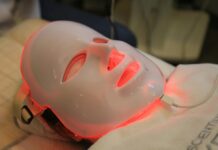


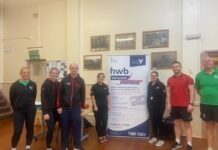

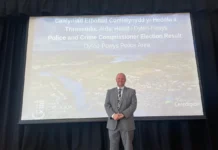
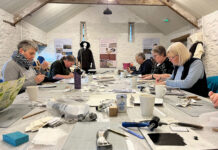


![7 Best VPS Providers for Developers [Complete 2025 Guide]](https://xvctqx.infiniteuploads.cloud/2025/01/VPS-218x150.png)



